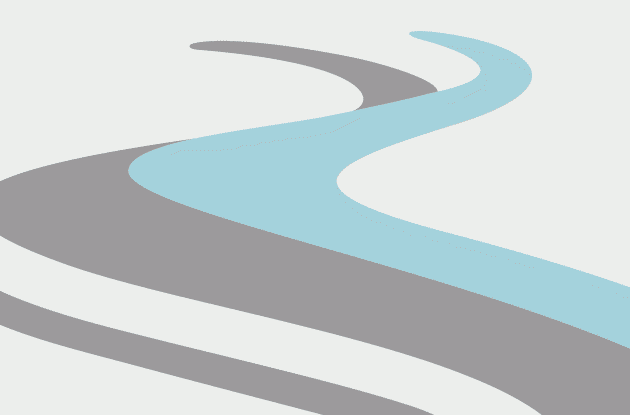Alejandro Valverde to Appeal Doping Verdict
Spanish cyclist Alejandro Valverde received a global two-year ban Monday for his connection to a blood-doping ring but was allowed to keep his 2009 Spanish Vuelta victory.
Spanish cyclist Alejandro Valverde received a global two-year ban Monday for his connection to a blood-doping ring but was allowed to keep his 2009 Spanish Vuelta victory.
The Court of Arbitration for Sport ruled in favor of the International Cycling Union and World Anti-Doping Agency, which wanted Valverde sanctioned for suspected doping revealed in a 2006 Spanish scandal known as Operation Puerto.
The 30-year-old Valverde cannot compete until January 2012, but he plans to appeal the verdict.
UCI president Pat McQuaid said the governing body "had known all along" that Valverde was involved in the Puerto case, which implicated around 40 riders in a blood-doping ring.
"The message for cyclists is that at any time if you get involved in a doping program, at any time it could come back and haunt you," McQuaid told The Associated Press in a telephone interview.
WADA president John Fahey said he was "pleased" the case was resolved in its favor.
"This decision confirms that the scientific and forensic evidence gathered by anti-doping organizations, including information from law enforcement, shows that the athlete committed an anti-doping rule violation," Fahey said in a statement.
However, Valverde and his advisers later issued a statement saying they would contest the ban.
"We consider that sanction totally unjust and illegal and for that reason we communicate that we will appeal that sanction in front of the Federal Supreme Court [Tribunal] of Switzerland, which decisions can be appealed in front of the European Court of Human Rights," the statement said.
CAS said its panel of three arbitrators voted 2-1 that Valverde broke anti-doping rules four years ago.
But the court refused a UCI and WADA request to annul Valverde's results from recent seasons, including his Spanish Vuelta win last year and the past two editions of the Dauphine Libere.
Valverde, however, will be disqualified from all events this season and asked to reimburse his prize money, the UCI said. Those results include a victory in the Tour de Romandie and second place in the Paris-Nice stage race.
Valverde never tested positive for a banned drug but was linked to the doping ring by DNA evidence seized by police in raids on the Madrid clinic of doctor Eufemiano Fuentes.
Italian authorities already used that evidence to ban Valverde from riding there until May 2011 -- a suspension that was upheld by another CAS ruling that Valverde lost in March.
Valverde had argued that Spanish law protected him from anti-doping authorities using evidence gathered in the Puerto probe to sanction him.
But CAS said its panel decided, also on 2-1 vote, that it could use the evidence -- blood bags containing the banned blood-booster EPO, and DNA samples -- to make its ruling.
The verdict came hours after Valverde retained his top spot in the UCI's world rankings. The UCI said it would immediately modify the rankings, placing Australia's Cadel Evans at No. 1.
Valverde becomes the first top Spanish rider to be punished using Operation Puerto evidence, which drove Germany's Jan Ullrich, the 1997 Tour de France winner and 2000 Olympic gold medalist, into retirement and saw Italy's Ivan Basso serve a two-year ban.
On Sunday, Basso completed his return to the highest level by winning his second Giro d'Italia. The first was clinched in May 2006 just days after the original Puerto raids.








